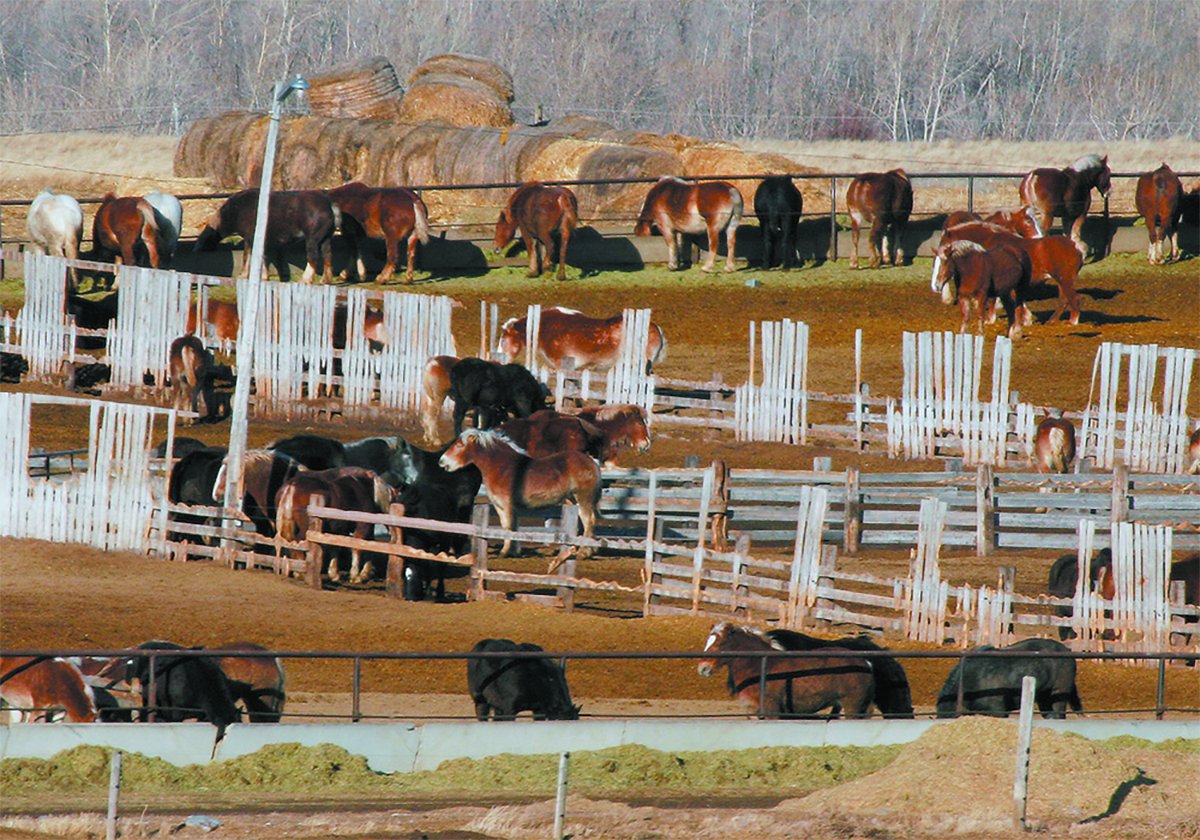KAMLOOPS – British Columbia has been in the throes of uncertainty since 41 First Nations groups began serving notice they are ready to negotiate massive land claim treaties.
Those attending the Canadian Cattlemen’s Association convention here received a glimpse of the emotions attached to the issue. Most of the land up for discussion is provincially controlled crown land. For B.C., that means about 90 percent of the province. While natives come under federal jurisdiction, land they live on is provincially governed.
Few First Nations groups signed treaties when B.C. was settled 150 years ago. Colonial governments refused to recognize native rights, said Bryan Williams, a lawyer involved in present-day negotiations.
Read Also

Canada’s slaughter horse industry lacks transparency
The lack of clear reporting and public access to data keeps the industry largely hidden, leaving questions about humane treatment and traceability unanswered.
Now B.C. is the only province with a treaty commission that coordinates and monitors negotiations, and provides money to First Nations groups to participate fully in talks.
Submissions invited
The commission started work in December, 1993. Native groups, federal and provincial officials are the three negotiating parties, and submissions are invited from concerned third parties such as the agriculture and resource industries who also use crown land.
It hasn’t been smooth sailing. This generation of young, educated native negotiators takes a tough stance compared to their ancestors who tried to accommodate European settlers 150 years ago.
In Chief Gordon Anton’s view, negotiations are in their infancy and his band has clear goals.
“Make no mistake, from our perspective it is not a land claim. It is a dispute about land,” said the chief of the Coldwater Band in the Nicola Valley. His band is pushing to expand its reserve borders to improve the economic base.
Land use a concern
The band wants input in how the land is used. Anton said his people were cheated by government years ago when it arbitrarily took land for settlers.
“The province of British Columbia, at the time of settlement, did not pay my ancestors a plug nickel for any acres of the land of the Nicola,” he said.
Williams, and Gordon Shank of the treaty commission, said treaty negotiations and a willingness to compromise are the best methods to settle the matter.
Rancher Guy Rose, who lives in the Nicola Valley, said he worries agricultural concerns are not heard during negotiations.
He wants affordable settlements and assurance that private lands are untouchable. And he wants guarantees that his cattle won’t lose access to crown land and water.
“There is no guarantee that the bottom line will be a better outcome for native young people … increasing the land base will not satisfy the aspirations of an increasingly sophisticated group of young people,” said Rose.

















